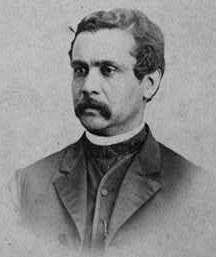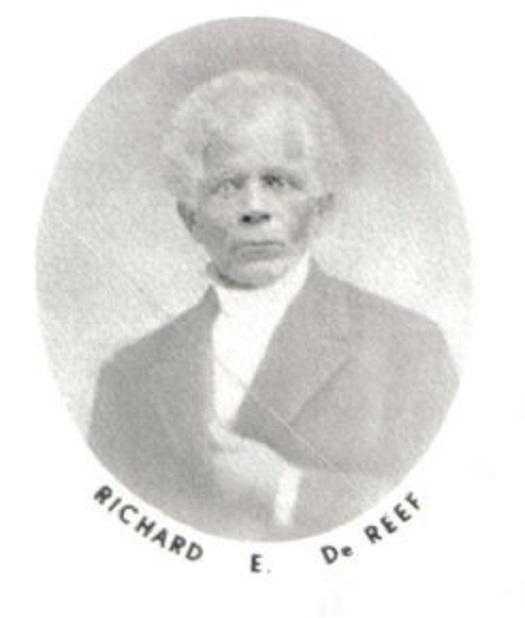
The Clionian Debating Society formed in Charleston in 1847 by Free Blacks with the goals of "promotion of their connection [to each other] and the improvement of their intellect." During the society's 10-year history, there were 55 members, honorary members, or supporters. The group, which was named for Clio, the Greek muse of history, sometimes met monthly and sometimes weekly to debate on set topics. Members included, among others, Gabriel H. Barron, Enoch G. and Simeon W. Beaird, Henry Cardozo, William H. Gaillard, J. Greene, J. A. Hyames, Augustus L. Horry, J. Mood, Jr. and William O. Weston.
The Charleston Library Society acquired the minute book covering 1847 to 1851 from Augusta bookseller A. W. Dellquest Book Company in 1919. The remainder of the Clionian Society's minutes are held in the archives of Duke University, and cover the years 1851 to 1858, after which the Society disbanded. Together these two books cover the wide range of questions debated by the group, including "Is education beneficial to society?", "Who deserves the greater need of praise - the inventor of improver of a project?", and "Was the treatment of the English to the Irish tyrannical?"




The goal of this guide is to help researchers better understand the Clionian Debating Society minute book held by the Charleston Library Society. You will find information about the Society, historical context for the antebellum Charleston inhabited by the Society's members, research on the lives of its members, and resources for additional research. The minute book is completely digitized, transcribed, and available online, as is the later volume of the Society's minutes held by Duke University. Links to both are available below.